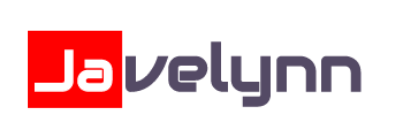What is a Data Integration Software?
Data Integration Software allows users to analyze large volumes of unstructured client feedback or data into structured data. It includes metadata analysis, automated feedback mining, data comparison, word analysis, etc. Enables users to redact sensitive data, add notes and attach memos to datasets to improve collaboration with team members. Data Integration Software allows users to discover hidden connections between metadata and comments.
Data Integration Software enables users to assess conversational product reviews and open-ended surveys to recognize trends and analyze client perceptions and sentiments. Enables users to assess contextual and qualitative data in multiple languages. Also allows users to classify data based on regions.
Features of Data Integration Software
List of Data Integration Software
When you start looking for the best data integration software, it is easy to get overwhelmed with the list of options available. Here is the handpicked list of data integration software to choose as per your requirement:
1. Medallia
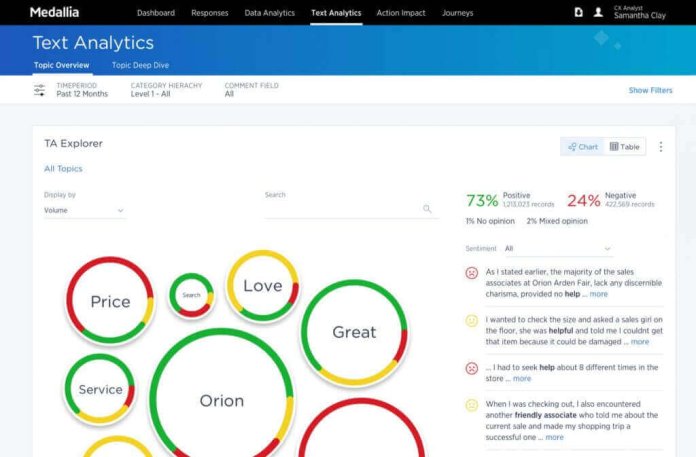
Medallia is a cloud-based data integration software suitable for businesses of all sizes. Allows users to capture and analyze data or text from various channels, such as web intercepts and white-label email surveys. Provides Machine Learning and AI functionality that enables users to predict behaviour, detect patterns and uncover issues. Medallia data integration software also allows users to find causes and take action on customers’ issues.
Key Features:
- Allows an admin to set permissions and determine access to individuals as per requirements
- Provides a mobile app for iOS and Android
- Allows users to integrate with most third-party applications
- Enables users to gain insights into performance
To know more about Medallia Data Integration Software features and product options, click here to continue.
2. Keatext
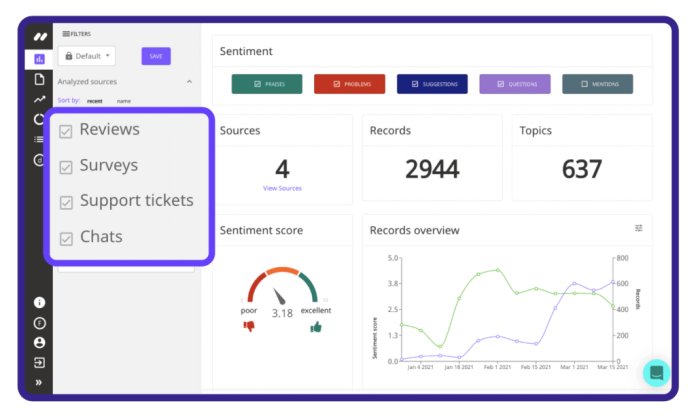
Keatext is a cloud-based data integration software designed for businesses of all sizes. Allows users to classify unstructured client feedback by collecting text data from various channels, such as social media posts, online reviews and open-survey questions. Enables users to gain insights on large volumes of unstructured data. Keatext data integration software also allows users to discover hidden connections between metadata and comments.
Key Features:
- Allows users to track the impact of changes made to the business website or app
- Supports multiple languages, such as English, Arabic, Spanish and French
- Allows users to integrate with SurveyMonkey, Intercom, Zendesk, etc
- Also provides natural language processing functionality
To know more about Keatext Data Integration Software features and product options, click here to continue.
3. DiscoverText
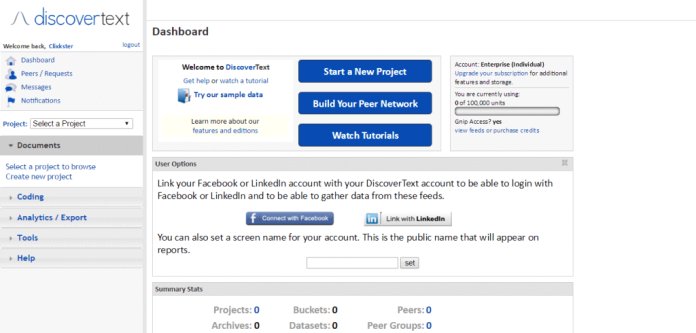
DiscoverText is a cloud-based data integration software suitable for businesses of all sizes. It includes deduplication, redaction, filtering, reporting, etc. Enables users to collect data from multiple sources, such as Twitter, Facebook, emails, etc. Allows users to organise large volumes of unstructured data into structured data. DiscoverText data integration software enables users to redact sensitive data, add notes and attach memos to datasets to improve collaboration with team members. Also provides a free trial.
Key Features:
- Allows users to create score meta-values and data models to automate information grouping
- Allows users to create reports in PFD, CSV, and XML formats
- Enables users to estimate inter-coder security for critical analysis
- Enables users to remove duplicate entries at the time of creating reports
To know more about DiscoverText Data Integration Software features and product options, click here to continue.
4. Luminoso
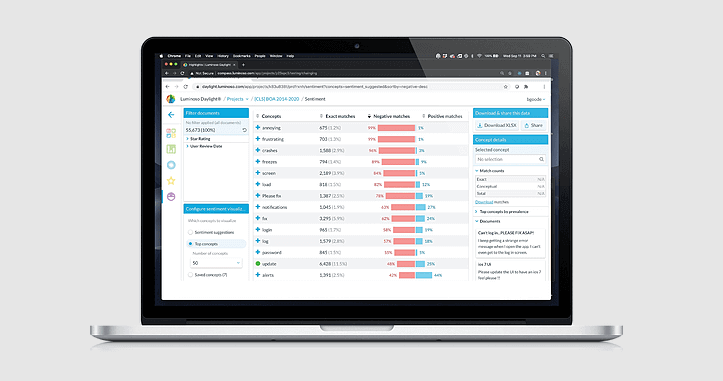
Luminoso is a data integration software suitable for businesses of all sizes. It includes metadata analysis, automated feedback mining, data comparison, word analysis, etc. Allows users to upload, assess and view client insights data using Artificial Intelligence. Luminoso data integration software enables users to assess conversational product reviews and open-ended surveys to recognize trends and analyze client perceptions and sentiments.
Key Features:
- Supports multiple languages, such as English, Japanese, Chinese, Arabic, etc
- Available on-premise and cloud-based
- Enables users to automate text analysis processes
- Also provides Natural Language Processing (NLP)
To know more about Luminoso Data Integration Software features and product options, click here to continue.
5. Gavagai
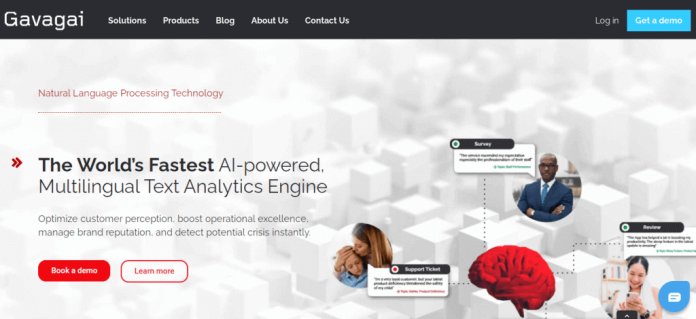
Gavagai is a cloud-based data integration software suitable for businesses of all sizes. Allows users to collect and analyze client feedback. Enables an admin to classify unstructured data using filters and search functionality. Also allows users to automate multiple recurring tasks, such as responding to customer queries and booking meetings. Gavagai data integration software enables users to identify texts as sceptical, optimistic, violent, etc. Also provides a free trial.
Key Features:
- Allows users to integrate with Slack, Zendesk, Slack, Freshdesk, etc
- Enables users to upload texts in CSV or Excel format
- Supports multiple languages, such as English, German, French, Swedish, etc
- Allows users to visualize data in graphs
To know more about Gavagai Data Integration Software features and product options, click here to continue.
6. NetOwl
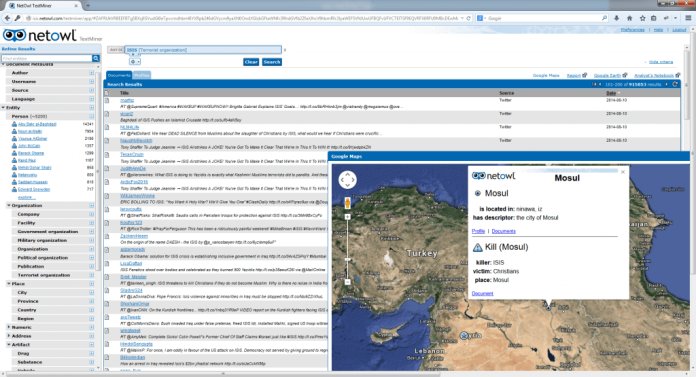
NetOwl is a data integration software designed for businesses of all sizes. It includes sentiment analysis, identity resolution, data extraction, etc. Allows users to classify data based on regions. Enables users to collect and analyze data from multiple channels, such as online reviews, social media, and blogs. NetOwl data integration software also lets users gain insights into opinions and behaviours.
Key Features:
- Enables users to classify unstructured data in multiple languages
- Also provides machine-learning algorithms
- Allows users to integrate with most third-party applications
- Available on-premise and cloud-based
To know more about NetOwl Data Integration Software features and product options, click here to continue.
7. Bitext
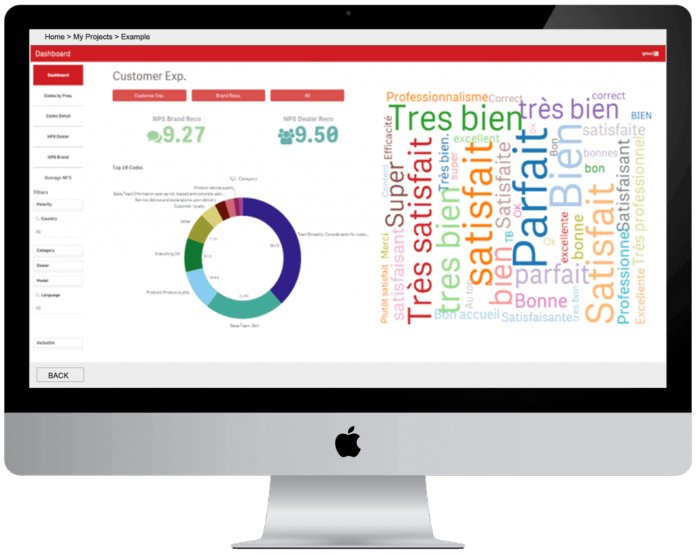
Bitext is a cloud-based data integration software suitable for businesses of all sizes. Allows users to analyze data using artificial intelligence and machine learning technologies. Enables users to assess contextual and qualitative data in multiple languages. Bitext data integration software also allows users to automate feedback information extraction by recognizing market trends.
Key Features:
- Enables users to analyze text structure using grammar
- Also provides in-built topic detection accuracy
- Allows users to integrate with most third-party applications
- Provides Natural Language Processing (NLP)
To know more about Bitext Data Integration Software features and product options, click here to continue.
Conclusion
Data Integration Software allows users to find causes and take action on customers’ issues. Enables users to predict behaviour, detect patterns and uncover issues. Allows users to analyze data using artificial intelligence and machine learning technologies. Also enables users to automate multiple recurring tasks, such as responding to customer queries and booking meetings.
Featured Image Courtesy – Photo by Matthew Fournier on Unsplash
